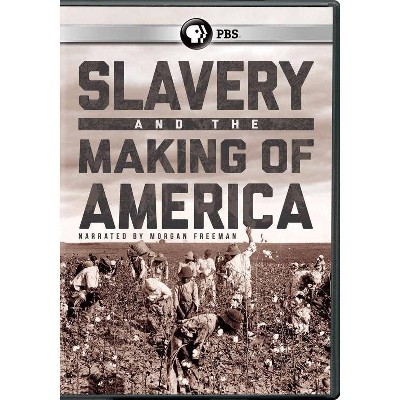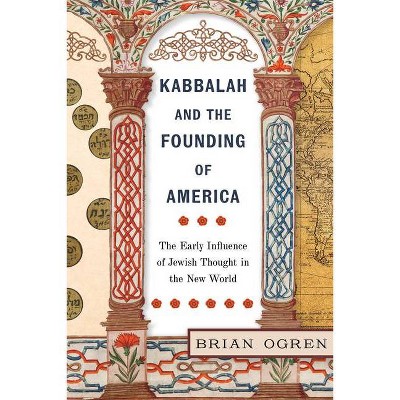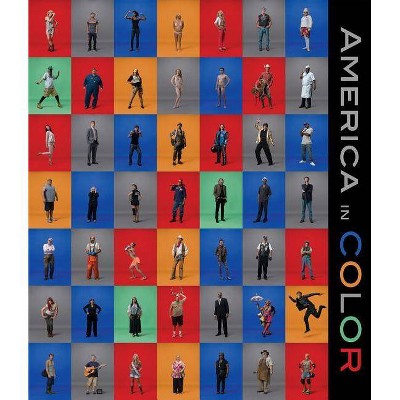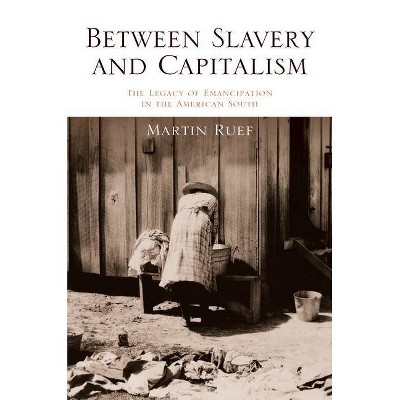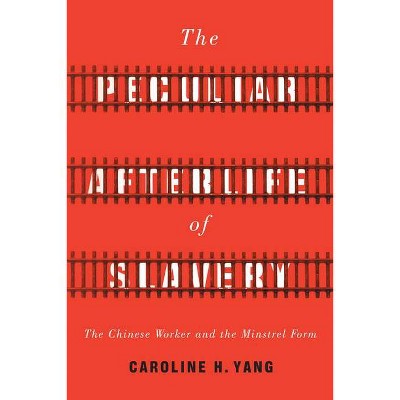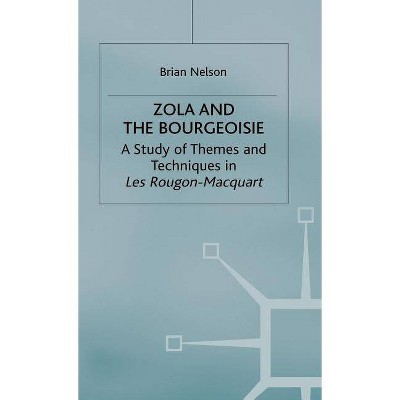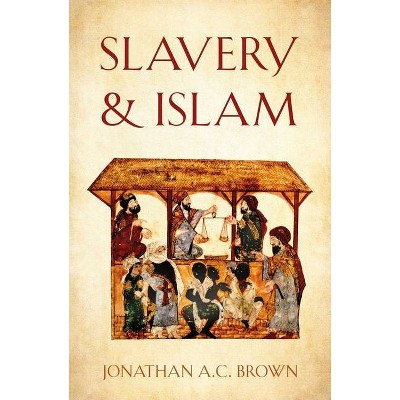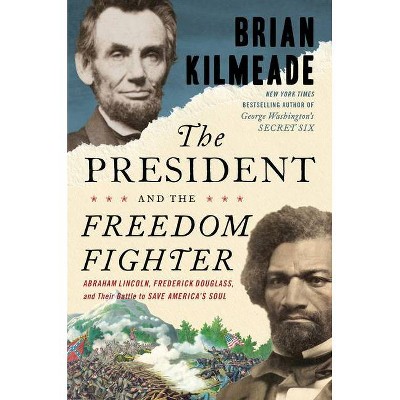The Press and Slavery in America, 1791-1859 - by Brian Gabrial (Hardcover)
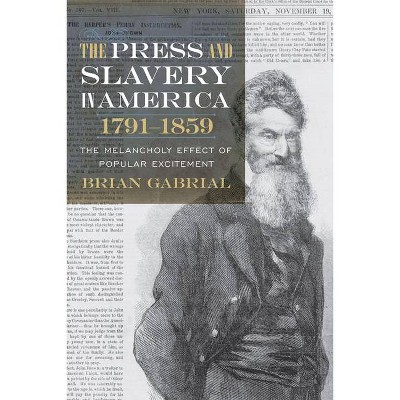
Similar Products
Products of same category from the store
AllProduct info
<p/><br></br><p><b> About the Book </b></p></br></br><p>An examination of how press coverage of slave revolts forced public discussions that ultimately influenced public opinion</p><p/><br></br><p><b> Book Synopsis </b></p></br></br><p>Slavery remains one of the United States' most troubling failings and its complexities have shaped American ideas about race, economics, politics, and the press since the first days of settlement. Brian Gabrial's <i>The Press and Slavery in America, 1791-1859 </i>examines those intersections at times when the nation and the institution of slavery were most stressed, namely when slavesrevolted or conspired to revolt. Such events frightened white, slave-owning society to its core and forced public discussions about slavery at times when supporters of the peculiar institution preferred them to be silent. Gabrial closely reads the mainstream press during the antebellum years, identifying shifts in public opinion about slavery and changes in popular constructions of slaves and other black Americans, a group voiceless and nearly invisible in the nation's major newspapers. He reveals how political intransigence rooted in racism and economics set the country on a perilous trajectory toward rebellion and self-destruction.</p><p>This volume examines news accounts of five major slave rebellions or conspiracies: Gabriel Prosser's 1800 Virginia slave conspiracy; the 1811 Louisiana slave revolt; Denmark Vesey's 1822 slave conspiracy in Charleston, South Carolina; Nat Turner's 1831 Southampton County, Virginia, slave revolt; and John Brown's 1859 Harper's Ferry raid. Gabrial situates these stories within a historical and contextual framework that juxtaposes the transformation of the press into a powerful mass media with the growing politicaldivide over slavery, illustrating how two American cultures, both asserting claims to founding America, devolved into enemies over slavery.</p><p>What the nineteenth century press reveals in this book are discourses--ways of thinking and expression--that have retained resonance in contemporary race relations and American politics. They connect to ideas about the press and technology, changing journalistic practice, and, importantly, the destruction wrought by the dysfunction of the nation's political parties.</p><p/><br></br><p><b> Review Quotes </b></p></br></br><br><p>Gabrial illustrates the evolution of the conflict between abolitionists and slavery supporters by analyzing the increasing media coverage of events...this book is a signal contribution to the quest for answers about slavery in the United States.</p>-- "The Journal of Southern History"<br><br><p>With its carefully developed analytical framework and fine-grained examination of antebellum news... Gabrial's book is a pointed reminder that the United States was founded upon a racial paradox.</p>-- "Journalism & Mass Communications Quarterly"<br><p/><br></br><p><b> About the Author </b></p></br></br><p><b>Brian Gabrial</b> is an associate professor and chair of the Department of Journalism at Concordia University in Montreal, Canada. He earned his Ph.D. in mass communication from the University of Minnesota. Previously Gabrial worked as a television newscast and field producer for the ABC and NBC affiliates in Minneapolis-St. Paul, Minnesota, and Omaha, Nebraska. He also edited and wrote for a small, monthly newspaper, the <i>American Citizen Press</i>, in Omaha. Gabrial has been published in journals such as <i>American Journalism, Journalism History, </i>and <i>Canadian Journal of Communication.</i></p>
Price History
Price Archive shows prices from various stores, lets you see history and find the cheapest. There is no actual sale on the website. For all support, inquiry and suggestion messagescommunication@pricearchive.us
